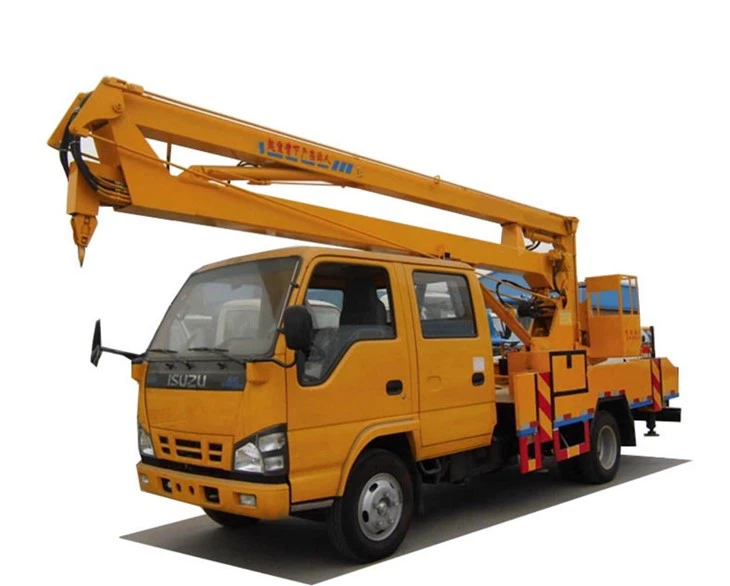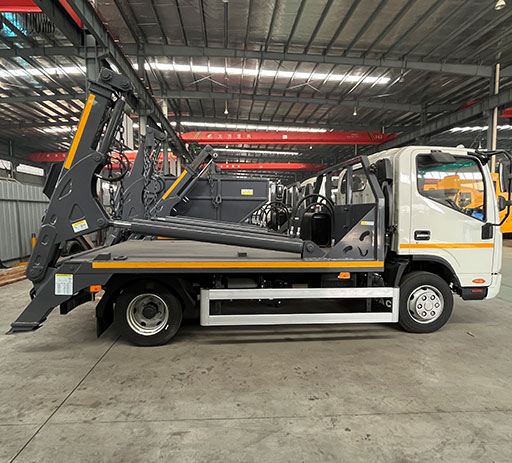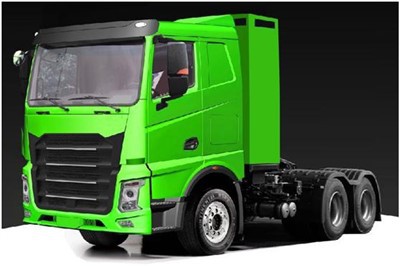Understanding Septic Vacuum Trucks: Everything You Need to Know

Introduction
Septic vacuum trucks are essential vehicles in the waste management industry, designed specifically for the safe removal, transport, and disposal of various types of waste, including sewage and septic materials. These specialized trucks play a crucial role in maintaining sanitation and public health, especially in areas not serviced by municipal sewer systems. In this article, we will explore the structure, function, advantages, and considerations related to septic vacuum trucks. You will also find practical tips for their use, maintenance, and a frequently asked questions section to clarify common inquiries regarding this essential equipment.
What is a Septic Vacuum Truck?
A septic vacuum truck is a heavy-duty vehicle equipped with a large tank and a pumping system, specifically designed to suction and transport liquid waste. The main components of a septic vacuum truck include:
- Vacuum Pump: Creates a vacuum that enables the suction of waste into the tank.
- Storage Tank: A large compartment that holds the waste until it is disposed of at treatment facilities.
- Disposal System: The mechanism that allows waste to be emptied at designated locations.
- Hoses and Fittings: Specialized attachments that connect the vacuum system to sewage tanks or disposal points.
How Septic Vacuum Trucks Work

The Vacuum System
The operation of a septic vacuum truck is centered around its vacuum system, which involves:
- The pump creates negative pressure inside the tank.
- The hose is inserted into the septic tank or liquid waste source.
- Once activated, the pump draws waste through the hose and into the storage tank.
Tank Capacity
Septic vacuum trucks come in various tank sizes, usually ranging from 500 to 3,000 gallons. The choice of tank capacity depends on the volume of waste to be handled and the specific job requirements.
Types of Septic Vacuum Trucks
There are several types of septic vacuum trucks, each designed for specific applications:
Standard Vacuum Trucks
These are the most common type, used for residential and commercial septic pumping services.
Heavy-Duty Vacuum Trucks
With larger tanks and more powerful pumps, these trucks are designed for industrial and municipal applications, such as pumping out large septic systems or wastewater treatment facilities.
Combo Vacuum Trucks
Combo trucks are equipped with both vacuum and pressure washing capabilities, making them versatile for various waste management tasks, including cleaning grease traps.
Advantages of Using Septic Vacuum Trucks
Efficient Waste Removal
Septic vacuum trucks offer efficient and rapid waste removal compared to manual methods, ensuring timely service for residential and commercial needs.
Preventing Overflows and Backups
Regular pumping using a vacuum truck can prevent septic system failures and costly backups, protecting property and promoting public health.
Compliance with Regulations
Using professional septic vacuum services ensures compliance with local and federal waste disposal regulations, which is vital for protecting the environment.
Practical Tips for Using a Septic Vacuum Truck
Choosing the Right Truck for Your Needs
When selecting a septic vacuum truck, consider the following:
- Volume of waste to be managed.
- Type of waste (liquid, sludge, etc.).
- Access to the location and space available for the truck.
Regular Maintenance
Maintenance of the septic vacuum truck is crucial for its longevity and performance. Key points include:
- Regular inspection and servicing of the vacuum pump.
- Routine checks on hoses and fittings for wear and tear.
- Cleaning the tank after each job to prevent odors and contamination.
The Role of Septic Vacuum Trucks in Different Applications
Residential Use
In residential settings, septic vacuum trucks are primarily used to pump out home septic tanks. Regular pumping every 1-3 years prevents system failure and assures a malfunction-free operation.
Commercial Use
Businesses that operate a septic system, such as restaurants or RV parks, require more frequent pumping due to the higher volume of waste generated. Septic trucks help maintain compliance and service quality.
Municipal Applications
Municipalities utilize septic vacuum trucks for various purposes, such as cleaning public sewage systems, stormwater drains, and maintaining lift stations.
Cost of Hiring a Septic Vacuum Truck
The cost of hiring a septic vacuum truck varies based on factors such as location, the size of the tank, and the level of waste handled. Generally, the average costs range from $200 to $500, depending on the service required. Here is a breakdown:
| Service | Estimated Cost |
|---|---|
| Residential Septic Tank Pumping (up to 1,000 gallons) | $200 – $300 |
| Commercial Septic Pumping (up to 3,000 gallons) | $300 – $500 |
| Grease Trap Cleaning | $100 – $250 |
| Sewage System Maintenance | $150 – $400 |
Regulatory Compliance and Environmental Considerations
Understanding Local Regulations
Different regions have regulations governing the disposal of septic waste. It is vital for service providers using septic vacuum trucks to familiarize themselves with these rules to avoid penalties.
Environmental Protection
Proper waste disposal is crucial for environmental conservation. Septic vacuum trucks help prevent pollution by ensuring waste is transported to appropriate treatment facilities instead of being disposed of improperly.

Choosing a Septic Vacuum Truck Service
What to Look For
When choosing a septic vacuum truck service, consider the following:
- Reputation and experience in the industry.
- Certification and compliance with local regulations.
- Availability of emergency services.
- Customer reviews and testimonials.
Questions to Ask a Service Provider
- What type of trucks do you use, and what is their capacity?
- Do you have a maintenance program for the trucks?
- How do you ensure compliance with waste disposal regulations?
- Are your technicians trained and certified?
Frequently Asked Questions (FAQs)
What is a septic vacuum truck used for?
A septic vacuum truck is primarily used to suction out and transport liquid waste, including sewage and sludge, from septic tanks and other waste sources.
How often should I pump my septic tank?
It is recommended to pump your septic tank every 1-3 years, depending on the size of the tank and the number of people using the system.
Can I rent a septic vacuum truck?
While some companies may offer rental options, hiring professional services is advisable as operating a septic vacuum truck requires training and compliance with safety regulations.
What are the signs that my septic tank needs to be pumped?
Common signs include slow drains, gurgling noises in plumbing, unpleasant odors around the tank, and surface water pooling in the drain field.
What happens to the waste after it is pumped?
After being pumped, the waste is transported to a licensed treatment facility where it is treated properly to minimize environmental impact.

Are there eco-friendly septic vacuum trucks?
Yes, some companies utilize eco-friendly practices, such as using biodegradable cleaning solutions and proper recycling methods for waste management.
